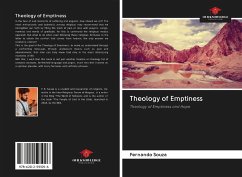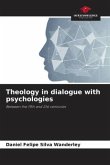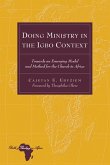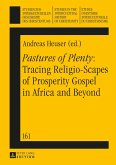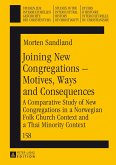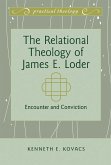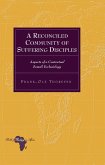In the face of sad moments of suffering and anguish, how should we act? The most enthusiastic and optimistic among religious may recommend that we strengthen our faith by filling the mark of pain or loss with prayers, songs, mantras and words of gratitude, for this is commonly the religious modus operandi. But what to do when even following these religious formulas to the letter to obtain the comfort that comes from heaven, the only answer we receive is silence?This is the goal of the Theology of Emptiness, to make us understand through a confronting message, through unpleasant means such as pain and abandonment, that man can truly know God only in the most distressing moments of life. With this, I wish that this book is not just another treatise on theology full of complex concepts, far-fetched language and jargon, much less that it works as a spiritual placebo, with many formulas and self-help phrases.
